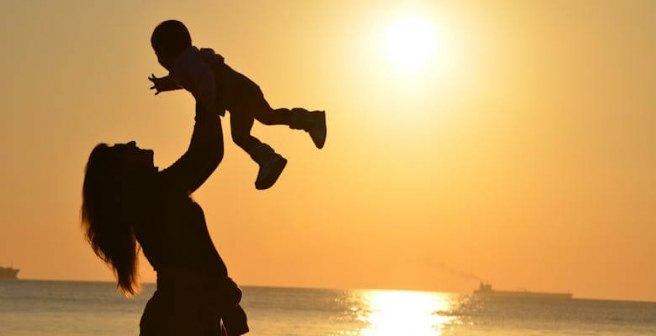The evolution of my lab meetings over time

Being on sabbatical for the past 5 months has given me the incredible opportunity to take a step away from my typical teaching and administrative load. It has given me time to catch up on other projects that always seemed to be sidelined because of other priorities and responsibilities. In short, sabbatical has been a much-needed and rejuvenating break from my norm. Of course, this doesn’t mean that everything in my world has been put on hold.
One very important aspect of my job that is immune to sabbatical is my roughly bi-weekly lab meetings. Typically this involves most of the members of my lab – undergraduate, graduate, postdoctoral, and research assistants – coming together to provide updates on their projects, identifying challenges and opportunities, and planning next steps.
However, after years of these meetings, I noticed last summer that they were becoming a bit stale. Given the variety of research programs that are represented by the members of our lab, it wasn’t uncommon for me to notice subsets of the lab getting distracted by updates on a research project that didn’t connect, in any obvious way, to their own. This isn’t a comment on the people in the lab – it’s just human nature. And given the number of meetings I have been in, where I wondered “what does this have to do with me,” I fully understand any and all distractions.
Beginning last semester, I decided to try to spice things up a little. This involved turning the lab meetings from a meeting of updates to something I hope is far more meaningful to everyone involved.
This began with an activity that I borrowed from Dr. Max Liboiron. Specifically, we began by thinking about the goals of our research projects and the overarching goals of our lab. This particular reflection, in my opinion, was extremely important because it gave us a chance to see how each project might fit into the overarching vision of the lab, and in particular, how seemingly disparate projects might overlap.
We made a huge pile of who we are accountable to in our #science. I was pleased to see so many lab members say we were accountable to fish and birds. Also: other lab members, scientific standard for ethics, Indigenous gov’ts & peoples, & lab principles. 2/3 pic.twitter.com/VP0fGTFyhb
— Dr Max Liboiron (@MaxLiboiron) November 3, 2018
Following our initial reflection, we spent time considering who we are accountable to in the work we do. Again, I believe this is incredibly important because our work doesn’t exist in a vacuum. We have a number of community partners who are essential to what we do, and we can’t lose sight of that.
Next, we took some time to consider each individual project and how, despite our best intentions, they might negatively impact our community partners (or anyone else for that matter). While our intent is to do no harm, it’s important to stop and consider how our results might be used – and if there is anything we can do to prevent any harmful outcomes.
Last semester, I also decided to introduce Wins of the Week – an activity that I borrowed from the folks at Left – to the beginning of each meeting. In particular, each member of the lab has about 60 seconds to share something that they consider a win since we last met. There are no restrictions on what each person considers a win; the point, however, is that we all take the time to celebrate whatever it is that each of us has identified as meaningful to them – be it academic or personal. From what I can tell, this simple activity has changed the tone of the lab meeting, and it has helped strengthen the relationships between my lab members.
This semester, I’ve continued using Wins of the Week and will revisit the exercise that I borrowed from Dr. Max. I’ve also added a new activity where each lab member identified the things they wanted to learn about over the semester (beyond their specific projects). Given the outcome of that activity, it looks like we’re going to use our lab meeting time to improve our writing and presentation skills, perhaps work on our CVs, incorporate some improv, and learn more about the different kinds of literature reviews that one might do.
Honestly, I’m really happy with how the meeting has evolved. And while it’s a bit more effort to organize, I think the results are well worth it.
I am curious, however, to know what you might do in your lab meetings to keep them energized and more than just an update session.
Dr. Daniel Gillis (@DrDanielGillis) is Associate Professor and Statistician in the School of Computer Science and the Director of the Physical Science and Engineering Education Research Centre in the College of Engineering and Physical Science at the University of Guelph (UG). This story was published on January 29, 2019, on Dr. Daniel’s blog (available here), and has been republished here with his permission.



